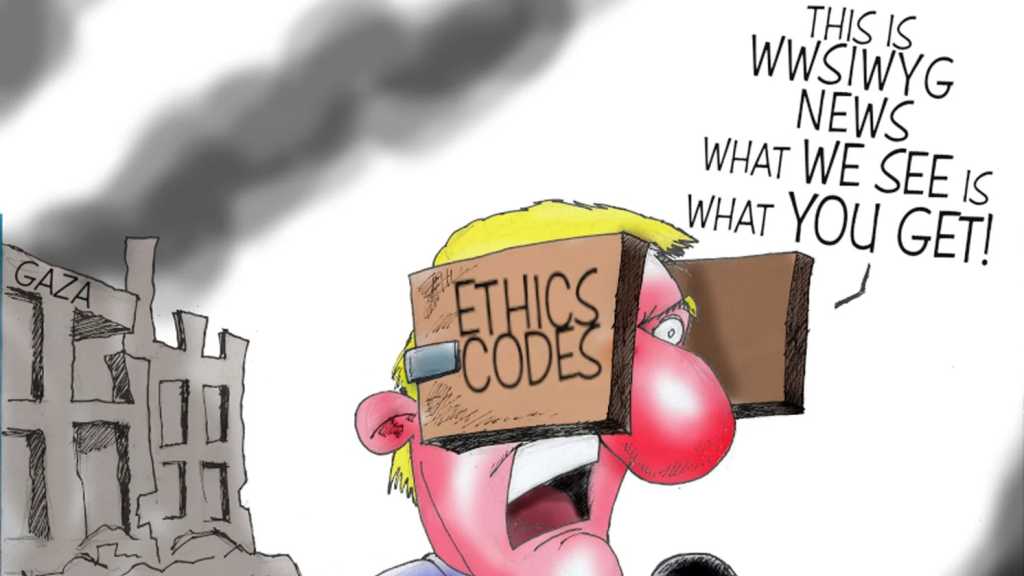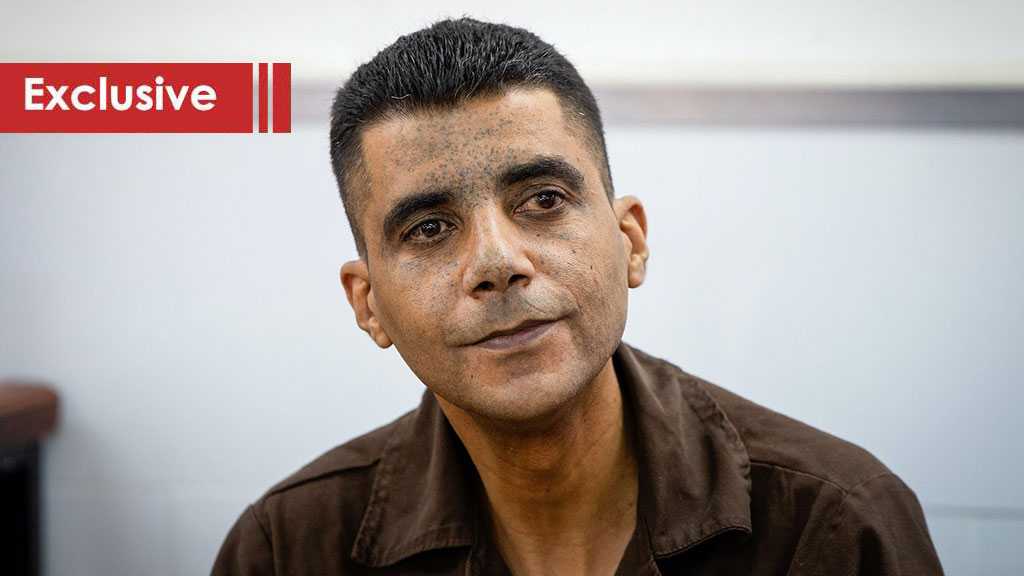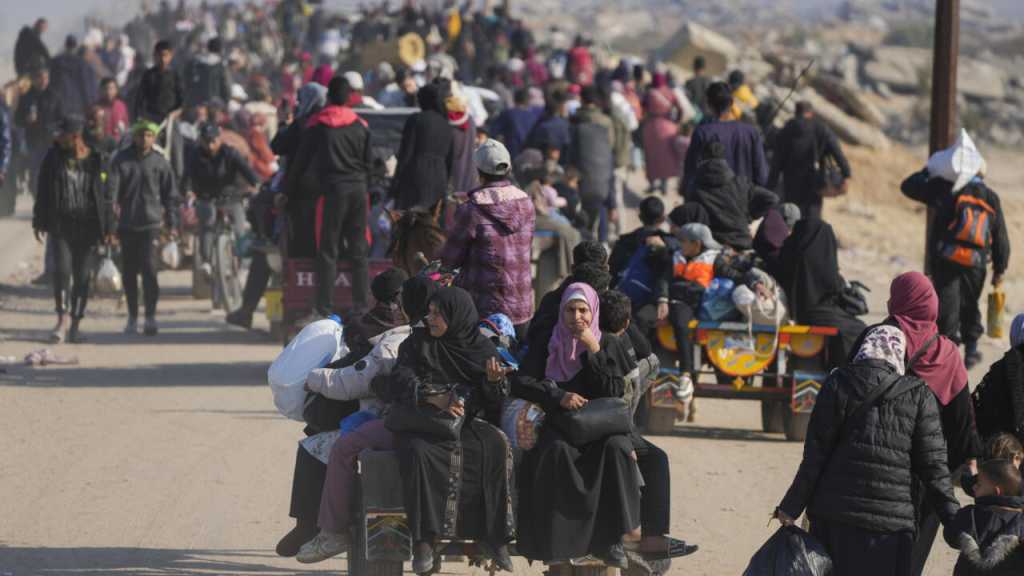
Western Media Bias and the Illusion of Press Freedom

By Mohamad Hammoud
Western media often portrays itself as a champion of free and objective journalism. However, beneath this facade lies a troubling reality: deep-seated biases and constraints imposed by financial interests, political pressures, and ideological conformity. While journalists in authoritarian regimes face overt censorship, their counterparts in the West encounter a subtler but equally insidious form of control. This system ensures that certain narratives dominate, while dissenting voices are marginalized or silenced.
The Power of Money and Corporate Influence
One of the most significant factors shaping Western media bias is the influence of money. Media outlets depend heavily on advertising revenue from large corporations, creating a conflict of interest that compromises editorial independence. Stories that risk offending major advertisers or exposing corporate wrongdoing are often downplayed, distorted, or ignored altogether to protect financial interests.
For example, coverage of climate change or labor exploitation is frequently muted when it implicates powerful industries like fossil fuels or multinational corporations. Journalists who challenge these narratives risk being sidelined or losing their jobs. This prioritization of profits over truth leaves the public with an incomplete understanding of critical issues, undermining the media’s role as a watchdog for democracy.
Fear of Political Repercussions
In addition to financial pressures, Western media faces significant political constraints. Governments and lobbying groups exert considerable influence over media narratives, particularly on sensitive topics such as foreign policy, national security, and religion. Reporting that challenges powerful political interests or deviates from accepted narratives often leads to backlash, censorship, or even legal consequences.
The recent controversy involving a France 24 reporter illustrates this dynamic. During coverage of the Gaza ceasefire, the reporter referred to Palestinians as "hostages," sparking outrage and accusations of anti-"Israel" bias. The backlash was swift, despite the humanitarian crisis in Gaza and the context of hundreds of thousands of displaced Palestinians returning to northern Gaza. This incident highlights how certain perspectives, especially those critical of "Israel," are heavily policed in Western media, often at the expense of journalistic freedom.
The Case of Octavia Nasr at CNN
A similar example occurred in the United States in 2010, when Octavia Nasr, a senior editor for Middle Eastern affairs at CNN, resigned after a controversial tweet. Nasr expressed respect for Sayyed Mohammed Hussein Fadlallah, a prominent Lebanese cleric and spiritual leader of the Lebanese resistance, citing his progressive views on women’s rights and opposition to honor killings. However, her tweet sparked backlash from pro-"Israel" groups, who viewed Fadlallah as a supporter of terrorism. Despite clarifying that her respect for Fadlallah was based on his progressive views on women's rights and opposition to honor killings—and not on any association with Hezbollah—Nasr was forced to resign. This incident demonstrates how journalists can face severe consequences for expressing opinions that challenge dominant political narratives, even when their intentions are misinterpreted.
Double Standards on Free Speech
Western societies often champion freedom of expression as a core value, yet glaring double standards persist. One of the most obvious examples is the treatment of historical narratives. In several European countries, it is a crime to deny the Holocaust—a stance justified by the need to combat hate speech and historical revisionism. However, the same legal protections do not apply when it comes to Islamophobia.
It is legal in many Western countries to insult Muslims, burn the Quran, and deny fundamental aspects of their religion under the guise of "free speech." This hypocrisy reveals an inherent bias in Western legal and media systems. If freedom of expression is truly sacrosanct, then it should apply equally to all subjects. Instead, it is selectively enforced based on political and ideological interests.
The Cost of Speaking Truth
The risks journalists face for challenging powerful interests are not limited to backlash or job loss; they also extend to the erosion of trust in the media. When stories are suppressed or distorted, the public becomes increasingly skeptical of mainstream narratives, turning instead to alternative sources that may lack credibility or objectivity. This dynamic creates a fragmented information landscape where truth becomes harder to discern.
Journalists in Western media are often forced to choose between their professional integrity and their careers. The pressure to conform to financial, political, and societal expectations stifles investigative reporting and genuine accountability. As a result, critical stories are left untold, and the public remains uninformed about issues that shape their lives and the world around them.
Conclusion
Despite its claims of objectivity and fairness, Western media operates within a framework of economic dependency, political pressure, and ideological bias. The cases of the France 24 journalist and Octavia Nasr demonstrate how quickly reporters can be punished for stepping outside accepted narratives. Meanwhile, the selective application of free speech laws in Western democracies exposes the illusion of true press freedom.
Until Western media breaks free from corporate influence and political constraints, it will continue to serve as a tool for powerful interests rather than a beacon of truth. True freedom of the press requires consistency, courage, and a commitment to impartiality—allowing all voices to be heard, not just those that align with dominant powers. Only then can the media fulfill its role as a defender of democracy and a platform for genuine discourse.
Comments

Western Media Bias and the Illusion of Press Freedom
one month ago

